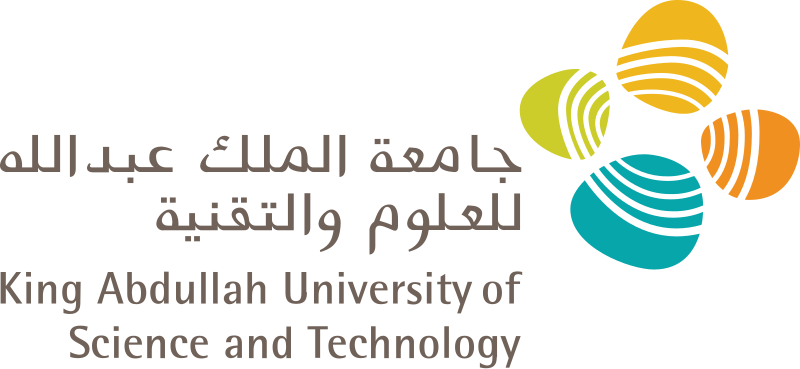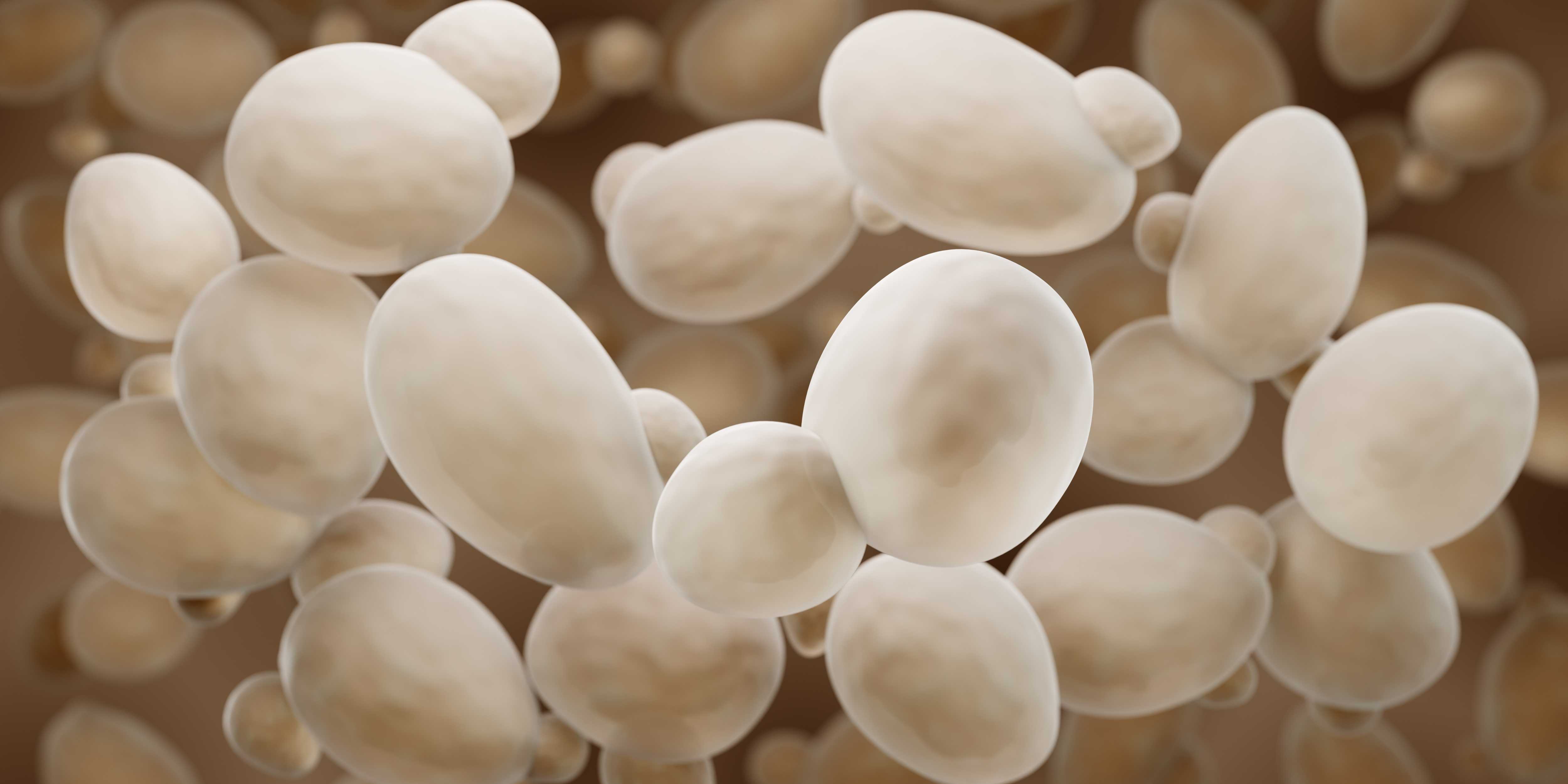
Applying to KAUST - Your Complete Guide for Masters & Ph.D. Programs (Upcoming Admissions)
Admissions Overview & Key Requirements

Researchers at ETH Zurich have demonstrated that large, non-membrane-bound clusters of molecules, known as protein condensates, are the primary mechanism for determining a cell’s fate. Their findings, published in the journal Molecular Cell, show that these clusters act like internal "molecular committees" that process crucial information, allowing cells to decide whether to grow, divide, age, or die.
All cells, from simple microbes to human cells, must constantly make complex choices based on internal signals (like age and energy) and external cues. Prior to this work, it was unclear how molecules from across the cell could gather, exchange information, and translate it into a clear decision.
Focused on yeast cells, which serve as an ideal model for studying aging, the ETH Zurich team, led by Professor Yves Barral, found that molecules gather into aggregates called condensates, which can have various consistencies, ranging from liquid to gel-like.
The researchers followed individual yeast cells as they aged and noticed two important condensates, P-bodies and Whi3 condensates. They discovered that these two molecular clusters must work together to control the cell’s lifespan. By binding RNA molecules, the condensates suppress the production of proteins needed for cell division, effectively stopping the cell from dividing when it gets old. “If we disrupt even one of these condensates, the cells continue dividing well into old age,” says a postdoctoral researcher in Barral’s group and first author of the study.
To investigate the significance of the interaction between the condensates, the ETH biologists artificially triggered Whi3 condensates to form. This caused the cells to start aging earlier than usual. “This clearly shows that the aggregation of these proteins influences the cell's decision to retire and approach the end of its life,” says ETH professor Yves Barral. However, this only worked in cells containing both condensates, i.e. Whi3 condensates and P-bodies. “The interaction between the two condensates is crucial,” concludes Barral.
The study also revealed that the condensate network controls a reproductive choice. Young yeast cells mate by sending signals to each other using specific pheromones. As soon as they detect each other, they decide not to divide anymore and instead form mating appendages that enable them to fuse with another yeast cell. Until today, researchers had assumed that old yeast cells were sterile and did not respond to pheromones from potential mating partners.
The ETH researchers have found that old cells do indeed respond to pheromones but very quickly abandon their mating attempts. “This decision is attributable to the condensates. If we prevent their formation, the old cells respond to pheromones in the same way as the young ones,” emphasizes Barral.
Overall, these results show that this network of condensates controls two very different decisions: to end the cell cycle and to avoid mating in old age. “The condensates allow a cell to assess its age or the presence of potential mating partners and adjust its behavior accordingly,” explains Barral.
The research opens a path to potentially influence a cell’s decisions by developing drugs that specifically target these condensates and their interactions. For instance, a drug might disrupt a condensate that tells a cancer cell to multiply, or one that tells a stem cell to stop producing new cells.
Share

Applying to KAUST - Your Complete Guide for Masters & Ph.D. Programs (Upcoming Admissions)
Admissions Overview & Key Requirements

An mRNA cancer vaccine may offer long-term protection
A small clinical trial suggests the treatment could help keep pancreatic cancer from returning

Registration Opens for SAF 2025: International STEAM Azerbaijan Festival Welcomes Global Youth
The International STEAM Azerbaijan Festival (SAF) has officially opened registration for its 2025 edition!

Young Leaders Union Conference 2025 in Paris (Fully Funded)
Join Global Changemakers in Paris! Fully Funded International Conference for Students, Professionals, and Social Leaders from All Nationalities and Fields

Yer yürəsinin daxili nüvəsində struktur dəyişiklikləri aşkar edilib
bu nəzəriyyənin doğru olmadığı məlum olub. Seismik dalğalar vasitəsilə aparılan tədqiqatda daxili nüvənin səthindəki dəyişikliklərə dair qeyri-adi məlumatlar əldə edilib.

Lester B Pearson Scholarship 2026 in Canada (Fully Funded)
Applications are now open for the Lester B Pearson Scholarship 2026 at the University of Toronto!